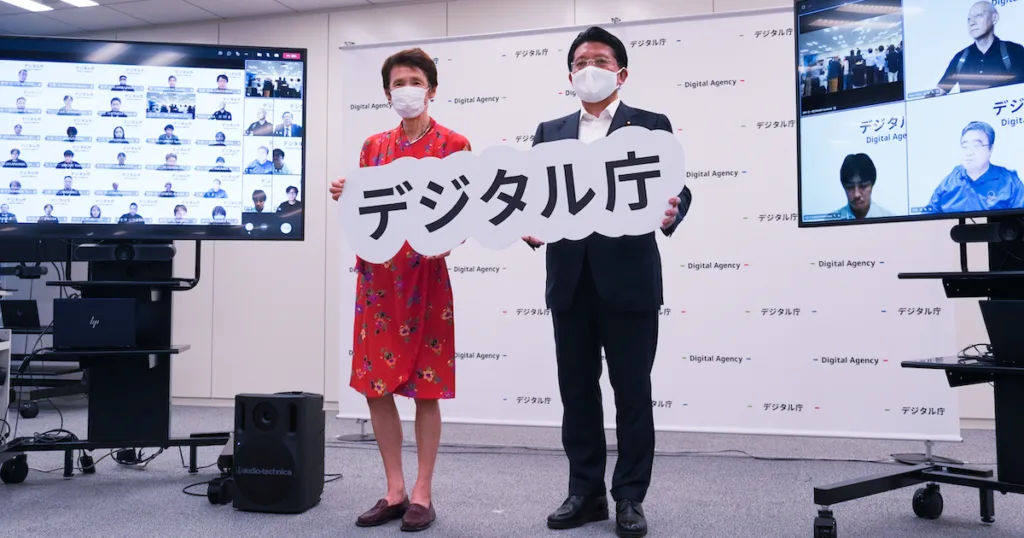For years, childbirth in Japan has been seen through the lens of endurance. Epidurals, while common in many countries, were rare here. In 2017, only about 5% of births involved epidurals. By 2022, the figure had doubled to 11.6%, and by 2024 it had reached 13.8%. In Tokyo, more than 30% of women now choose this option, with neighboring prefectures like Chiba and Kanagawa at roughly 25%. Yet nationwide, access is still limited—only about 720 of Japan’s 2,391 hospitals and clinics offer epidural services.
This change reflects a broader shift. The old idea that hardship is unavoidable—and even desirable—is slowly giving way to the recognition that progress sometimes means making things easier. Childbirth remains a major ordeal, but relief options are becoming more accessible and socially accepted.
The same can be said of Japan’s business environment. Traditionally, “pain” was built into the system: paperwork-heavy incorporation, long waits for approvals, and highly fragmented rules across industries. For decades, starting a business here required not only persistence but also tolerance for inefficiency.
That’s changing. Over the past 10 years, Japan has introduced a series of reforms that have genuinely reduced the burden:
- Business Registration: Once a process that could stretch to six weeks, company incorporation can now be completed in about two weeks. Many filings that once required paper and physical stamps (hanko) can now be done online.
- Immigration & Startup Visas: The Startup Visa program, launched in select cities, has expanded nationwide. It allows foreign entrepreneurs to stay in Japan for 6–12 months to prepare their businesses, without needing the full capital and office setup required before.
- Regulatory Reform: Between 2013 and 2023, Japan’s government abolished or simplified more than 1,000 outdated regulations across healthcare, IT, and finance. For example, the 2021 “Digital Reform Bills” introduced a legal framework for online notarization and reduced reliance on physical seals.
- Corporate Governance & Investment: The Stewardship Code (2014) and Corporate Governance Code (2015) have improved transparency, fueling record levels of foreign investment into Japanese firms. In 2023, inward FDI hit over ¥4.2 trillion, up 50% from a decade earlier.
- Support for SMEs: Programs like JETRO’s SME Support Desk and METI’s “J-Startup” initiative provide subsidies, networking, and international expansion support.
These changes don’t mean Japan is suddenly “easy.” Just as childbirth still requires strength even with pain relief, doing business here still demands patience and adaptability. But like mothers who find the second or third delivery more manageable, companies often find that once they overcome the initial hurdles—banking, hiring, compliance—the journey gets smoother.
The lesson for entrepreneurs is clear. The era when “no pain, no gain” was the only way to describe Japan’s market is fading. There will always be challenges, but today there are also epidurals—regulatory reforms, digitalization, visa programs, and SME support—that make growth more achievable and sustainable.
Japan is still Japan: detail-oriented, demanding, and protective of standards. Yet it is also becoming a place where growth no longer has to be defined only by hardship, but by smart adaptation to a changing, more supportive environment.

